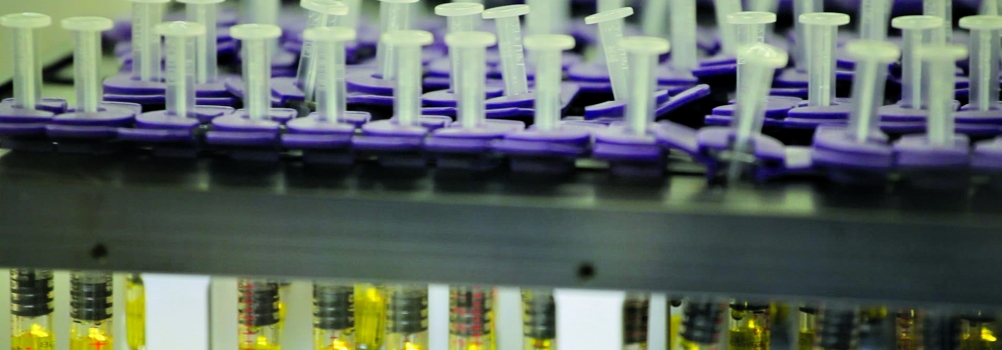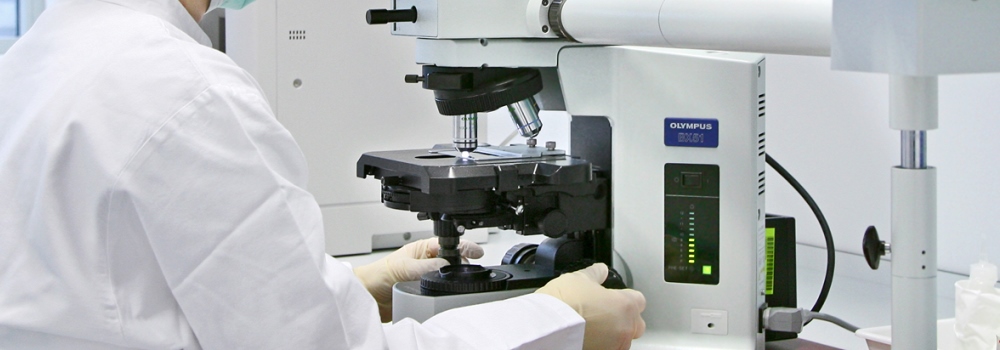Red & Green Biotechnology
Red Biotechnology
Valuable active Ingredients

Who would have thought that the tobacco plant could one day help to cure life-threatening illnesses? And that this discovery would come from Saxony-Anhalt? Just like other biotech innovations.
Facts
- Almost 1,000 people in Saxony-Anhalt research and work in red biotechnology.
- Protein and active ingredient research in Saxony-Anhalt is concentrated at the Weinberg campus in Halle (Saale). In the technology park, numerous biotechnology companies and research facilities are conducting research.
- Companies around the Otto-von-Guericke University in Magdeburg and the Leibniz Institute for Neurobiology are working on the nervous system.
- Beacons: Vivoryon Therapeutics, Wacker Biotech GmbH, novosom, IMTM (Immune Technologies and Medicine) and KeyNeurotek Pharmaceuticals
- Cluster management by Bio Mitteldeutschland GmbH
- Biotech innovation centre Weinberg Campus Halle with laboratories equipped to high specifications
- Brain research at the highest level (www.zenit-magdeburg.de, www.ifn-magdeburg.de)
- State’s own industry-related venture capital association bmp Beteiligungsmanagement GmbH
Green Biotechnology
From plant cultivation to the use of sustainable raw materials

Building on its strong traditions, Saxony-Anhalt has developed into a centre for plant research, with the Leibniz Institute of Plant Genetics and Crop Plant Research (IPK) in Gatersleben and the Leibniz Institute for Plant Biochemistry (IPB) in Halle. With the Chemical-Biotechnological Process Centre (CBP) in Leuna, a new research centre at the interface between biotechnology and chemistry is being built.
Facts
- The heart of green biotechnology in Saxony-Anhalt beats in Gatersleben:
- Accessible area: 300,000qm2
- Greenhouse area: 4,500qm2
- Laboratory space: 10,000qm2
- Fields: 70ha
- Investment in research: approx. € 35 million in 150 projects
- Staff: approx. 600 employees in companies and research facilities
- In the Üplingen show garden (Saxony-Anhalt), conventional and genetically modified wheat, corn, sugar beet and potato varieties are tested in the open air and various cultivation methods are compared.
- At the Martin Luther University in Halle-Wittenberg, an Interdisciplinary Centre for Crop Research (IZN) is to be founded.





